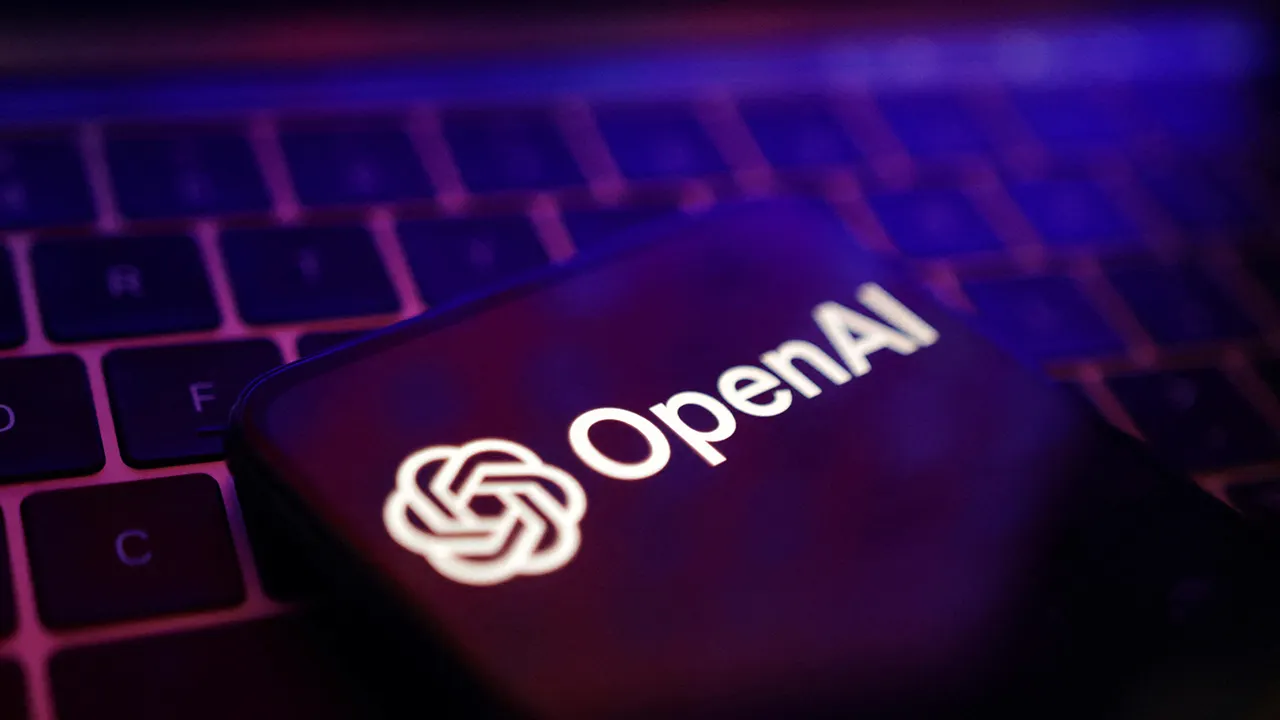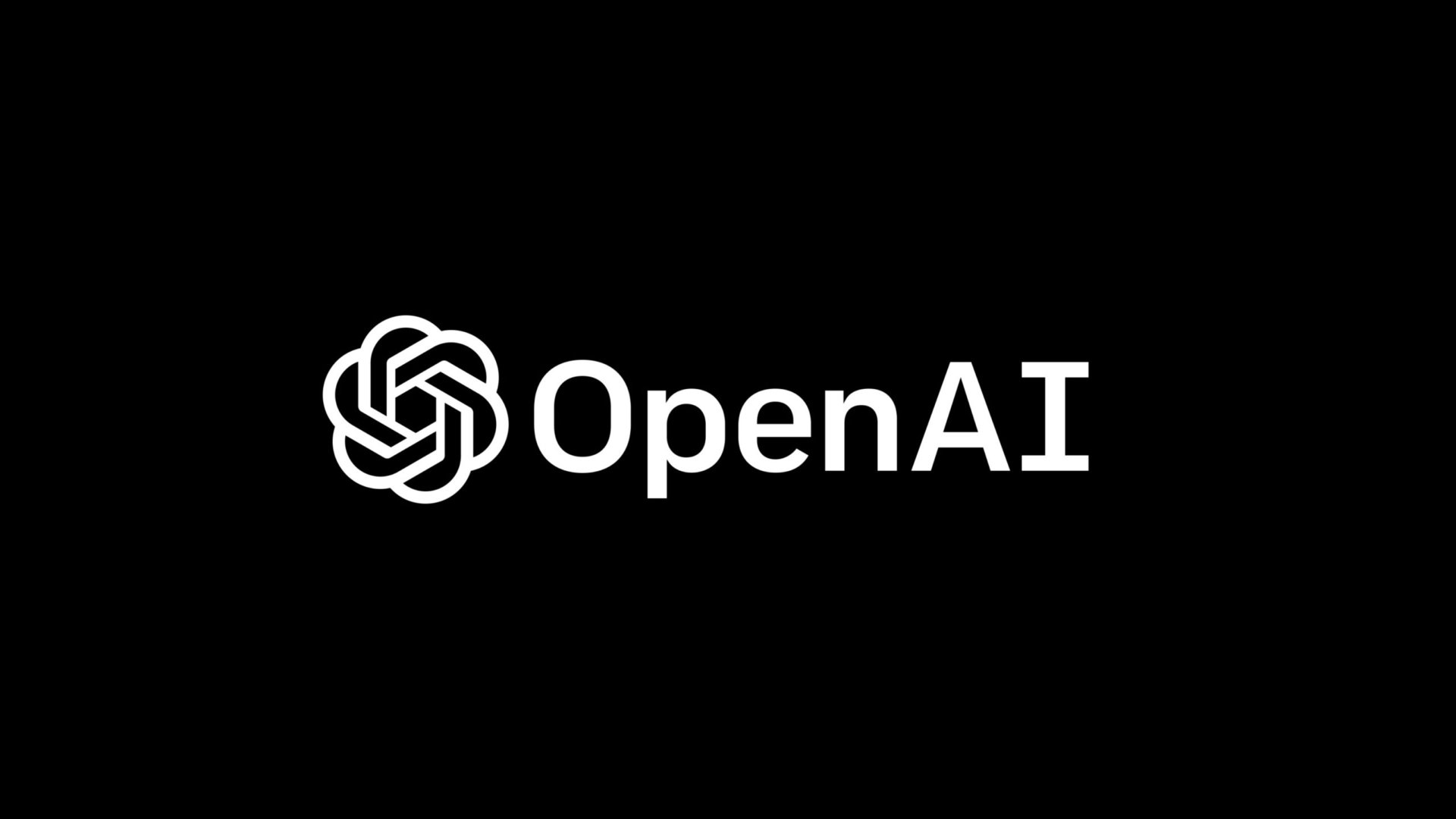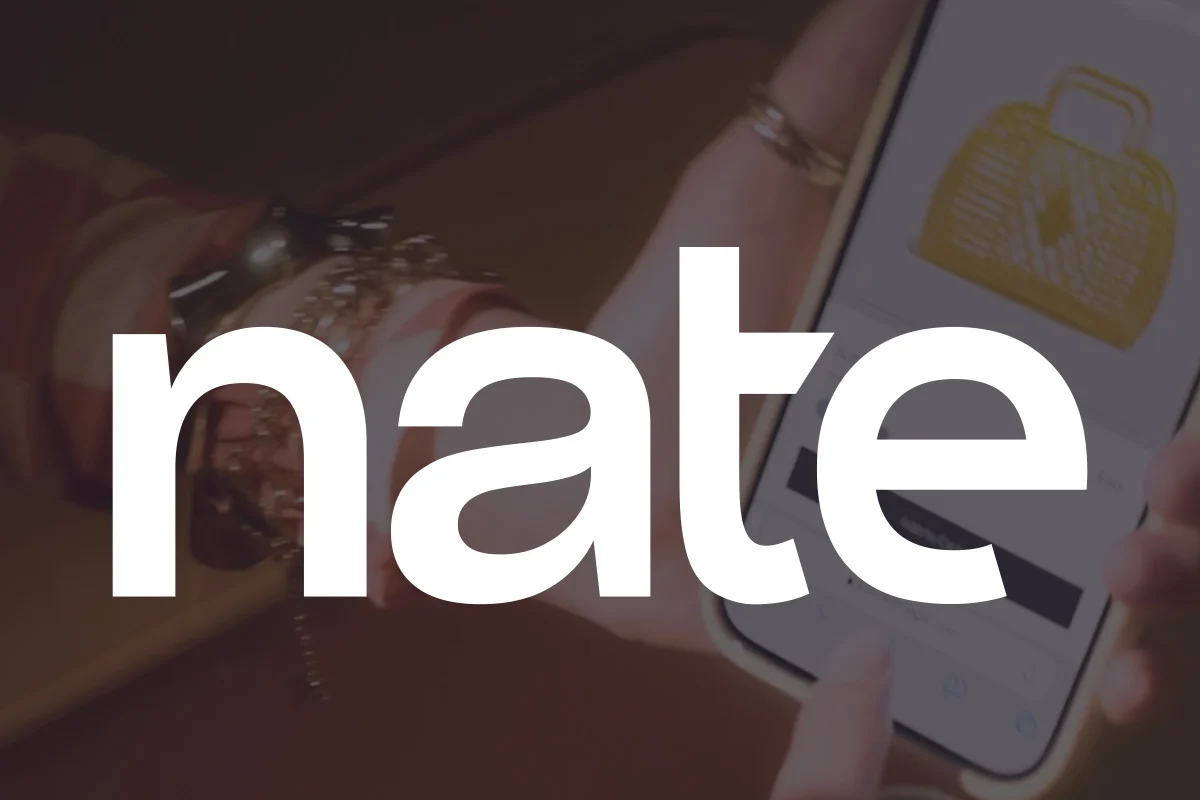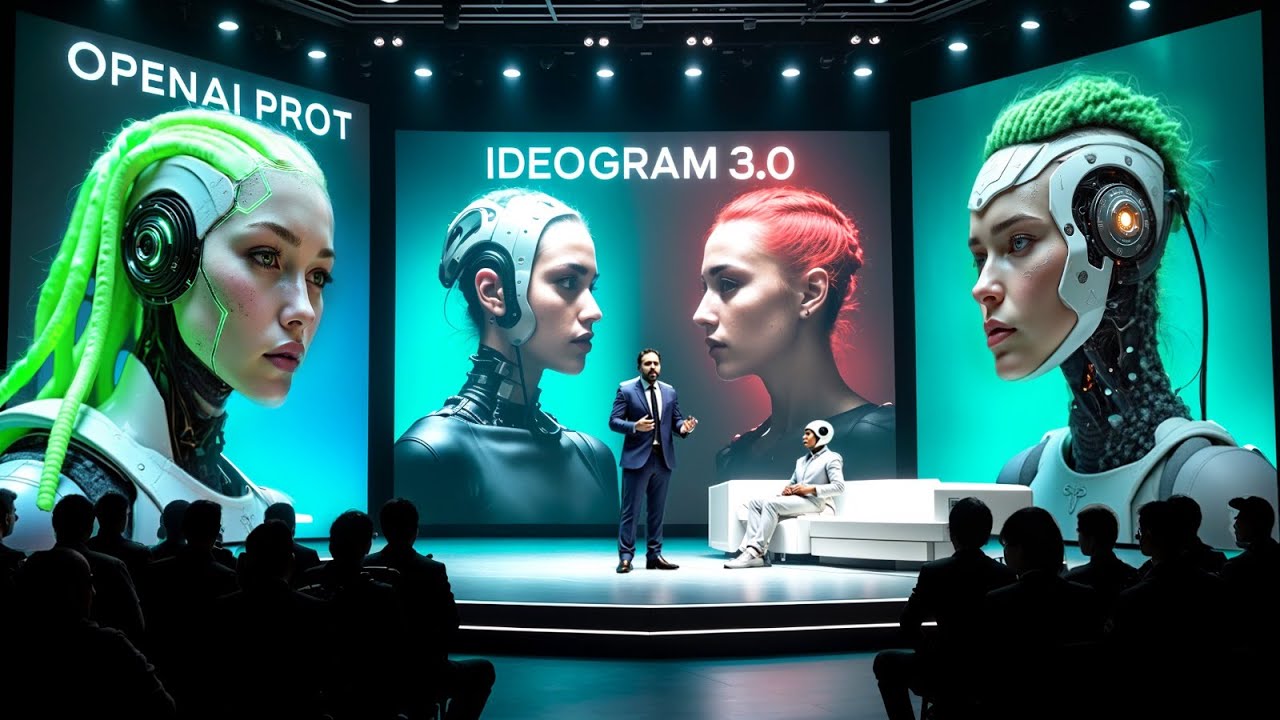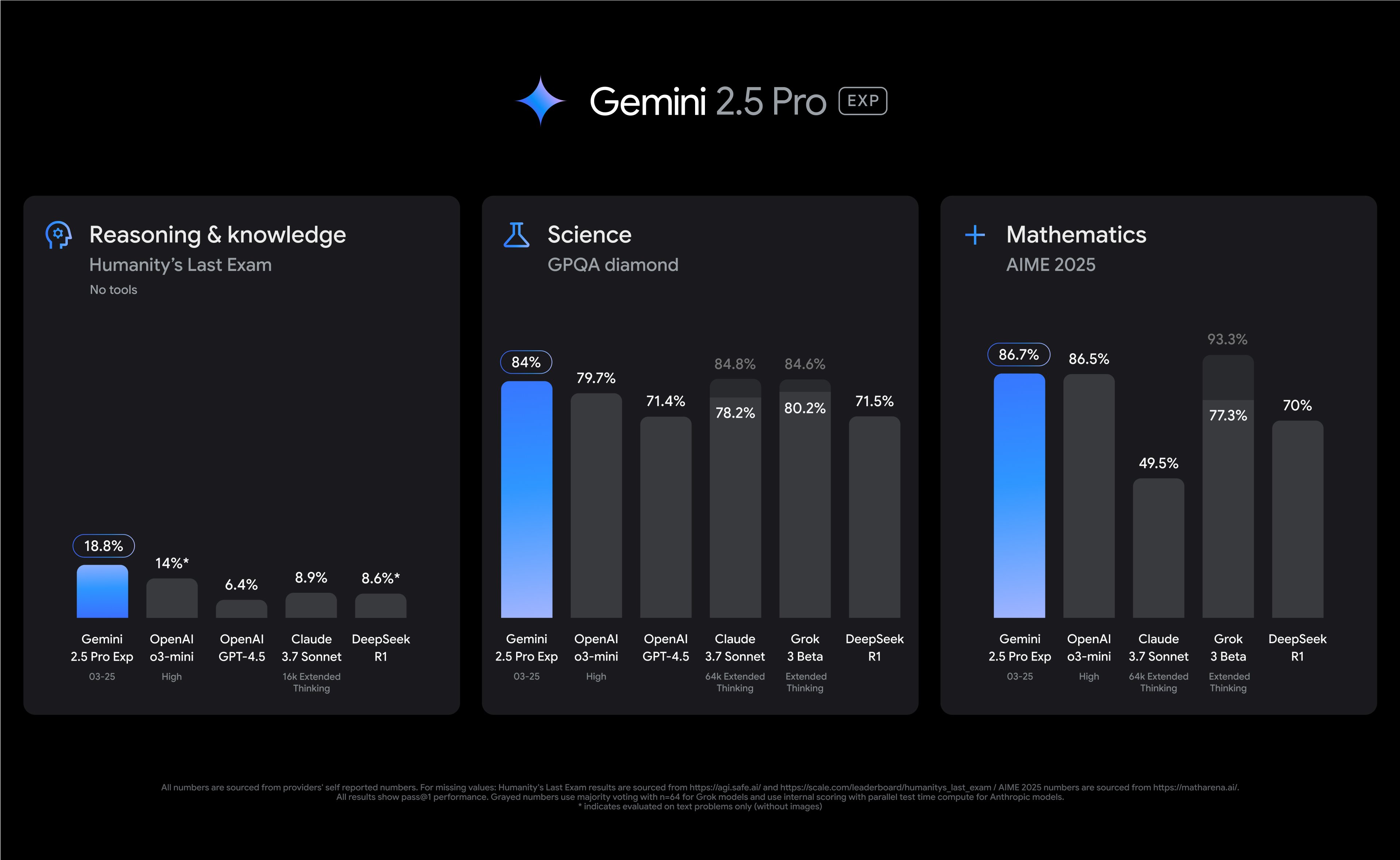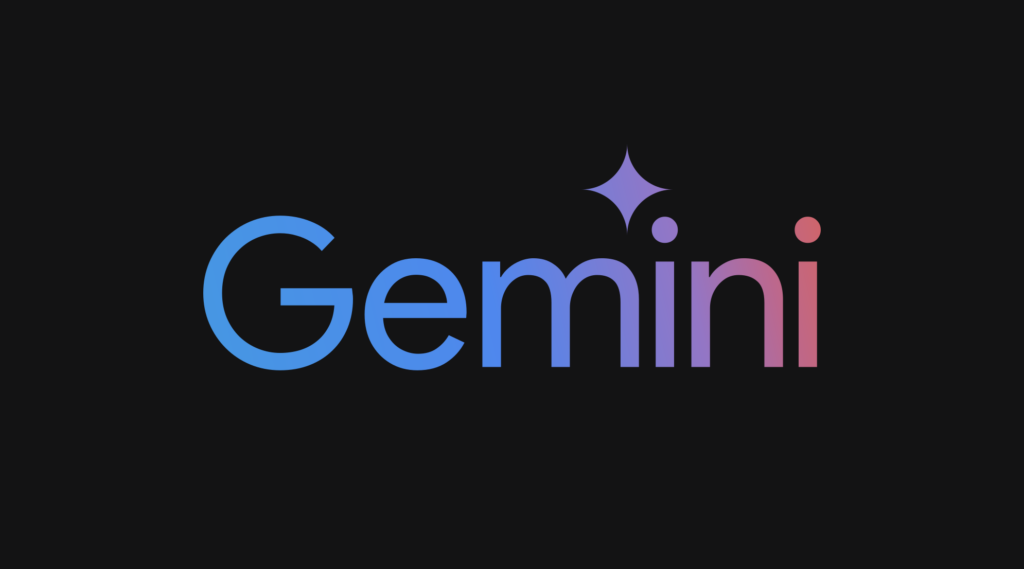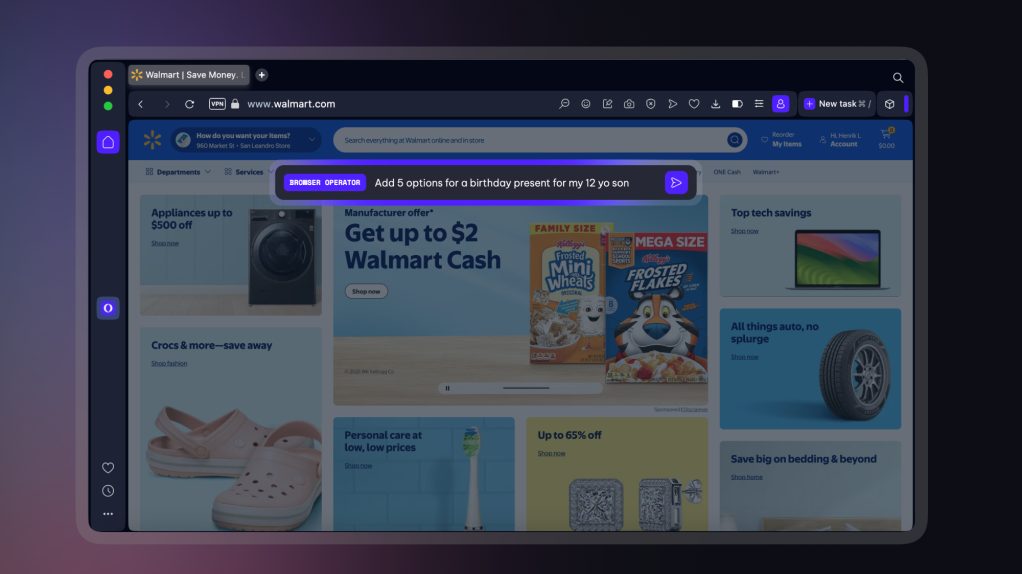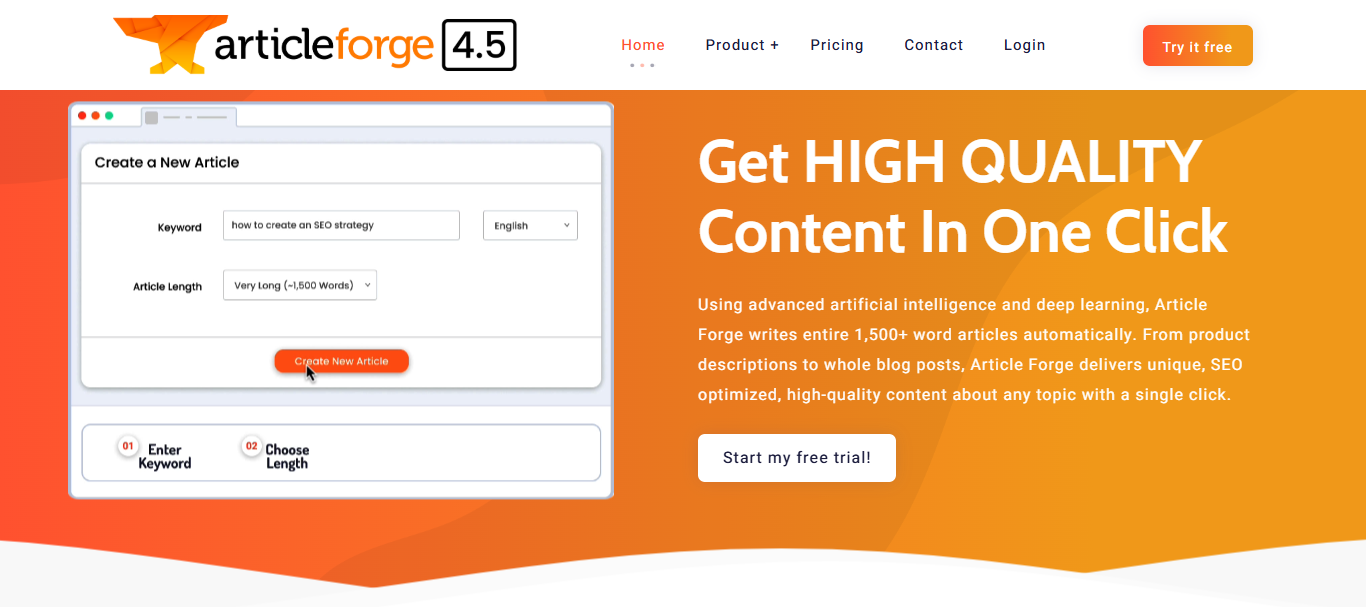In a significant advancement for AI development, OpenAI has introduced its new Responses API, providing developers with essential tools to create sophisticated AI agents. This new offering includes built-in web search functionality, document analysis capabilities, and computer control features, positioning it as a comprehensive foundation for the next generation of AI applications.
The Evolution of AI Agents
AI agents—autonomous systems that can perform tasks on behalf of users—are increasingly viewed as the future direction of artificial intelligence technology. OpenAI's latest release aims to democratize agent development by providing powerful building blocks that developers can customize for specific industries and use cases.
Olivier Godement, head of product for the OpenAI platform, explained to The Verge that while OpenAI will continue developing certain agents themselves (like Deep Research and Operator), they recognize the impossibility of addressing all potential applications internally. "The world is so complex, there are so many industries and use cases... and so we're super excited to provide those foundations, those building blocks for developers to build the best agents for their use case, their needs," Godement stated.
Key Features of the Responses API
The new Responses API includes several powerful capabilities:
Web Search Integration
The API incorporates web search functionality built on the same model powering ChatGPT's search capabilities. This allows developers to access real-time information with proper citations while leveraging OpenAI's advanced models GPT-4o and GPT-4o mini. This feature is particularly valuable for applications requiring current information beyond the model's training data.
Computer Control Capabilities
Similar to OpenAI's Operator model, the API allows AI agents to perform tasks on a user's computer. This functionality enables the development of assistants that can execute practical actions rather than just providing information or recommendations.
Document Analysis
The API includes powerful document search capabilities, allowing agents to efficiently process large volumes of text. OpenAI suggests this feature would be particularly beneficial for customer support agents navigating FAQs or legal assistants researching precedent cases. This capability builds upon OpenAI's previous work in document processing.
Check this out:
The Agents SDK: Orchestrating Complex Workflows
Alongside the Responses API, OpenAI announced the Agents SDK, which provides developers with tools to coordinate multiple AI agents. Nikunj Handa, a product manager for OpenAI's API team, described the relationship between these offerings: "The Responses API is like this atomic unit of using models and tools to do a particular thing. The Agents SDK is having multiple of those atomic units work together to solve even more complicated tasks."
This orchestration capability addresses one of the key challenges in agent development—ensuring that multiple specialized components can collaborate effectively toward a unified goal. The SDK should simplify the management of complex agent systems and improve their coherence.
Building on Existing Developer Tools
The new Responses API extends OpenAI's existing developer ecosystem, which includes the Chat Completions API for building conversational AI applications. In a significant transition, OpenAI plans to replace its current Assistants API with the Responses API by mid-2026.
According to OpenAI, this transition reflects their commitment to continuous improvement: "We incorporated key improvements into the Responses API" based on developer feedback about the Assistants API. This suggests the new API addresses limitations or challenges identified in the previous offering.
Implications for AI Development
The introduction of these tools represents a significant step in making advanced AI capabilities more accessible to developers across various domains. By providing standardized components for common agent tasks, OpenAI is lowering the barrier to entry for creating sophisticated AI systems.
This approach aligns with broader industry trends toward more capable and autonomous AI assistants that can take initiative and complete complex tasks with minimal human supervision. The combination of web search, document analysis, and computer control enables the creation of agents that can gather information, analyze it, and take action based on their findings.
For developers interested in exploring these new capabilities, additional information and documentation are available on OpenAI's website.
As AI continues to evolve, tools like the Responses API and Agents SDK will likely play a crucial role in shaping how developers approach agent creation and how users interact with AI systems in their daily lives.
